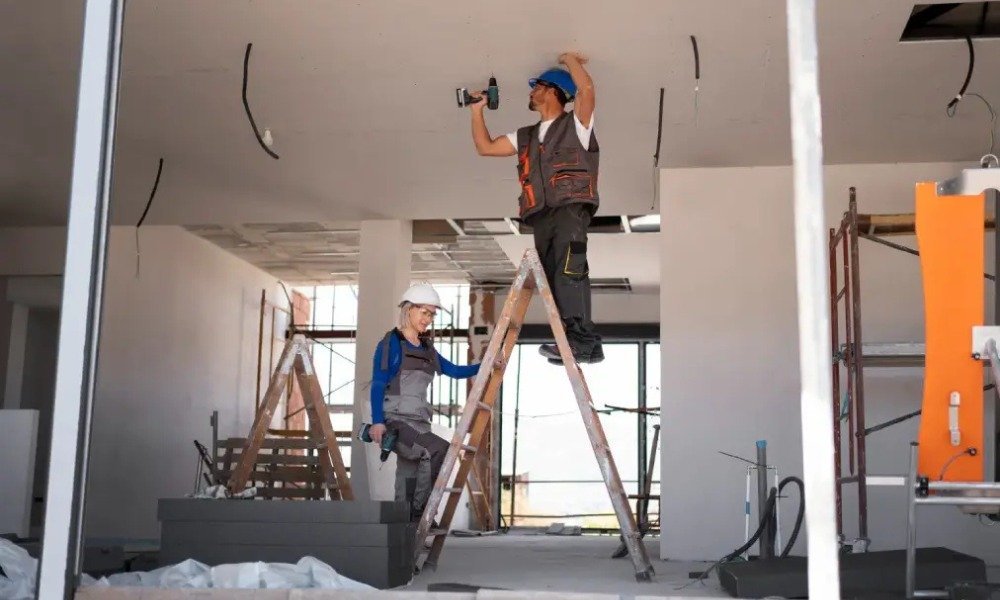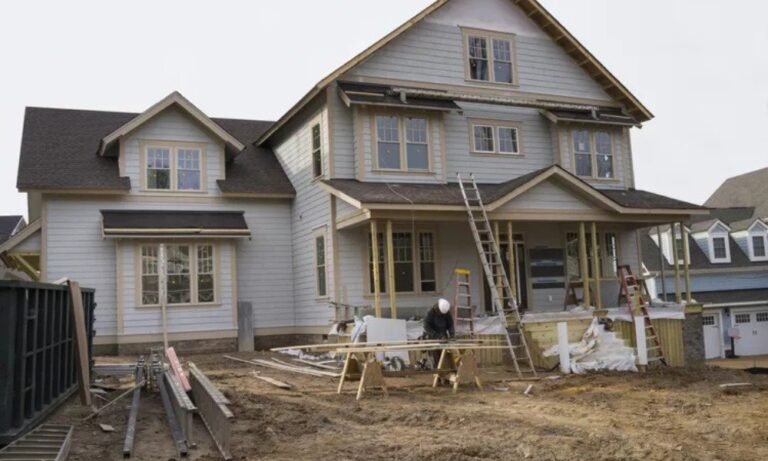Estimated reading time: 5 minutes
A home remodel is a big investment. The right contractor can make the process smooth and rewarding, while the wrong one can lead to frustration, delays, and unexpected expenses. I’ve seen firsthand how a skilled professional can transform a project from a stressful experience into a seamless one.
But with so many options out there, how do I make the right choice? It’s not about picking the cheapest bid or hiring the first name I find online. It’s about experience, trust, and professionalism.
Here’s how I can find the best contractor for my remodeling project.
What I’ll Learn in This Guide:
How to check for proper licensing and insurance
Why experience and past projects matter
The importance of customer reviews and referrals
What should be in a detailed contract
Common red flags to watch out for
Now, let’s break it down step by step.
1. Confirm Licensing, Insurance, and Certifications

Hiring a contractor without the right credentials is like playing a game of chance with my home. I need to make sure they’re licensed, insured, and certified to protect myself from liability.
- Licensing – I can check my state’s licensing board to verify their credentials. A reputable contractor should have no problem providing proof.
- Insurance – They should carry both liability insurance and worker’s compensation. If something goes wrong, I don’t want to be the one footing the bill.
- Certifications – While not required, certifications from industry organizations can be a plus.
Pro Tip: If a contractor tries to brush off licensing and insurance as “not necessary,” that’s a red flag. I should move on.
Related: Why hiring licensed and insured contractors is essential.
2. Look at Their Experience and Portfolio

I wouldn’t hire a chef who’s never cooked my favorite dish. The same logic applies to hiring a contractor.
- Years in Business – If they’ve been around for a decade or more, that’s a good sign. Newer companies aren’t necessarily bad, but they need strong references.
- Specialties – Some contractors focus on kitchen remodels, while others are experts in whole-home renovations. I should hire someone who has done similar projects.
- Portfolio of Past Work – A good contractor should have before-and-after photos showcasing their expertise.
Pro Tip: If I’m remodeling my kitchen, I should check out their kitchen-specific projects. Need ideas? Here are some modern kitchen remodeling ideas to consider.
3. Check Reviews, Testimonials, and Ask for References
Online reviews can be helpful, but I should take them with a grain of salt. Instead of relying solely on star ratings, I can:
- Ask for Direct References – Speaking with past clients gives me a real sense of what to expect.
- Look for Patterns in Reviews – One or two bad reviews aren’t necessarily a deal-breaker, but repeated complaints about delays, budget overruns, or poor communication are a warning.
- Visit Completed Projects (If Possible) – Seeing their work in person can be more telling than pictures.
Related: Questions to ask before hiring a contractor to avoid costly mistakes.
4. Get Multiple Quotes—But Don’t Just Choose the Cheapest
A lowball estimate is tempting, but it often leads to poor workmanship or surprise costs later. Instead, I should:
Get at least three quotes for comparison
Ask for a detailed breakdown of costs
Watch out for vague estimates that leave room for hidden fees
Pro Tip: If one bid is significantly lower than the others, I need to ask why. The cheapest option often isn’t the best.
Related: Setting a realistic remodeling budget to avoid overspending.
5. Review the Contract in Detail
A handshake agreement isn’t enough. My contractor should provide a written, detailed contract that includes:
- Scope of Work – What exactly is included in the project?
- Payment Terms – How and when will payments be made?
- Project Timeline – Start date, completion date, and milestone deadlines.
- Warranty and Guarantees – What happens if something isn’t done right?
Pro Tip: If a contractor refuses to provide a detailed contract, I should walk away.
Related: How to keep a remodeling project on schedule and avoid delays.
6. Evaluate Communication and Professionalism
Even a highly skilled contractor can be a nightmare to work with if they lack clear communication.
Signs of a good contractor:
Responds to calls and emails in a timely manner
Explains things in a way I can understand
Keeps me updated throughout the project
Pro Tip: If communication is poor before the project starts, it will only get worse once work begins.
7. Watch Out for Common Scams and Red Flags
Not all contractors play fair. I should be on the lookout for:
Large Upfront Payments – A small deposit is normal, but never pay the full amount upfront.
No Physical Office or Website – If they only have a phone number and no real presence, that’s a bad sign.
Unclear Estimates – If they refuse to provide a written estimate, they could be planning to add hidden costs later.
Too Good to Be True Pricing – If the price seems unrealistically low, there’s probably a catch.
Pro Tip: I should trust my instincts. If something feels off, it probably is.
🔗 Related: Mistakes to avoid in home renovations to save time and money.
Final Thoughts: Take My Time and Choose Wisely
Choosing the right contractor isn’t a decision I should rush. Taking the time to research, ask questions, and review contracts can save me from costly mistakes.
Quick Recap:
Verify licensing, insurance, and experience
Read reviews and ask for references
Get multiple quotes but avoid lowball offers
Read the contract carefully before signing
Look out for scams and red flags
Next Steps:
- Ready to remodel? Here’s what to expect in a full home renovation.
- Still unsure? Compare renovation vs. remodeling to find the right approach for my home.
Final Word:
A great contractor isn’t just someone who can do the job—they’re someone I can trust to do it right. With the right choice, my remodeling project can be an exciting, stress-free experience.



